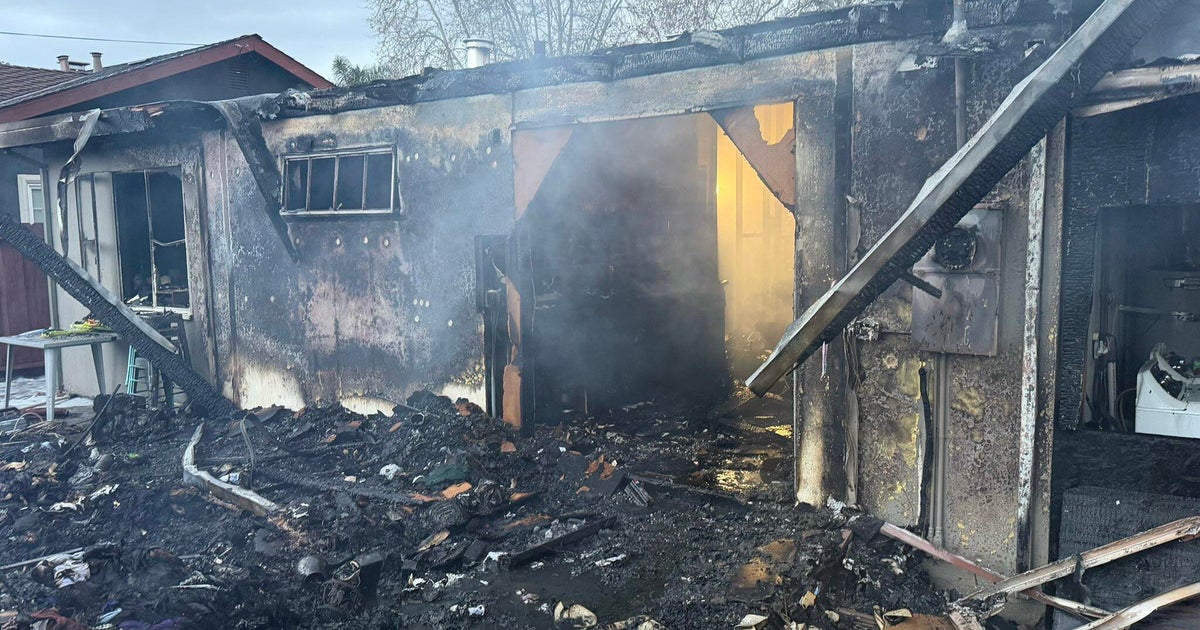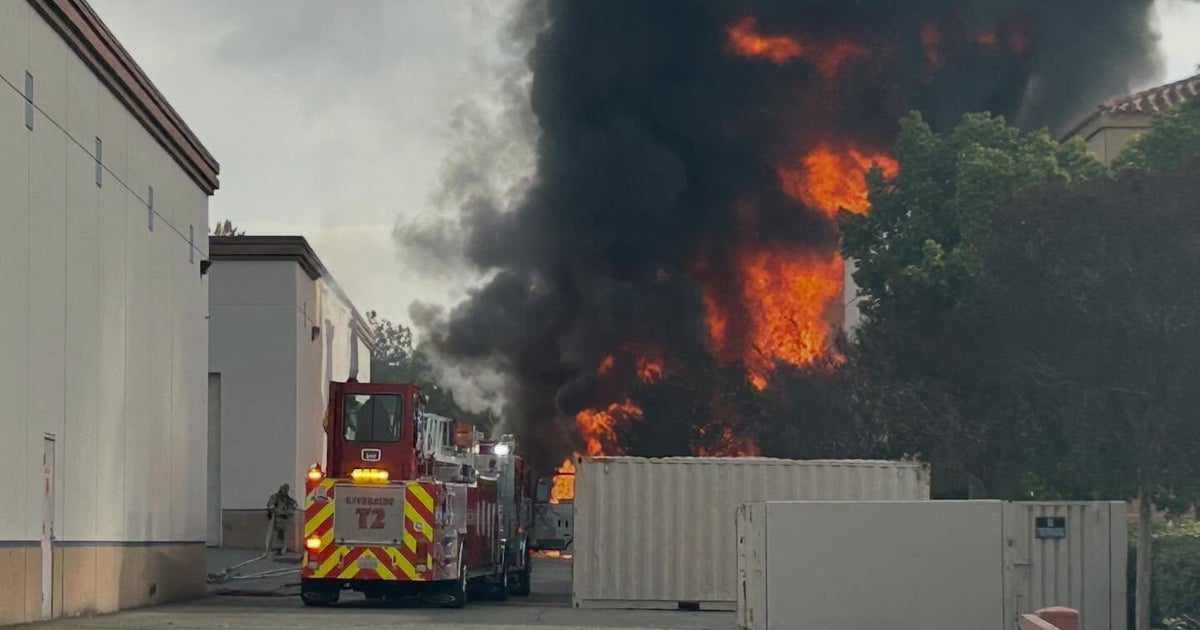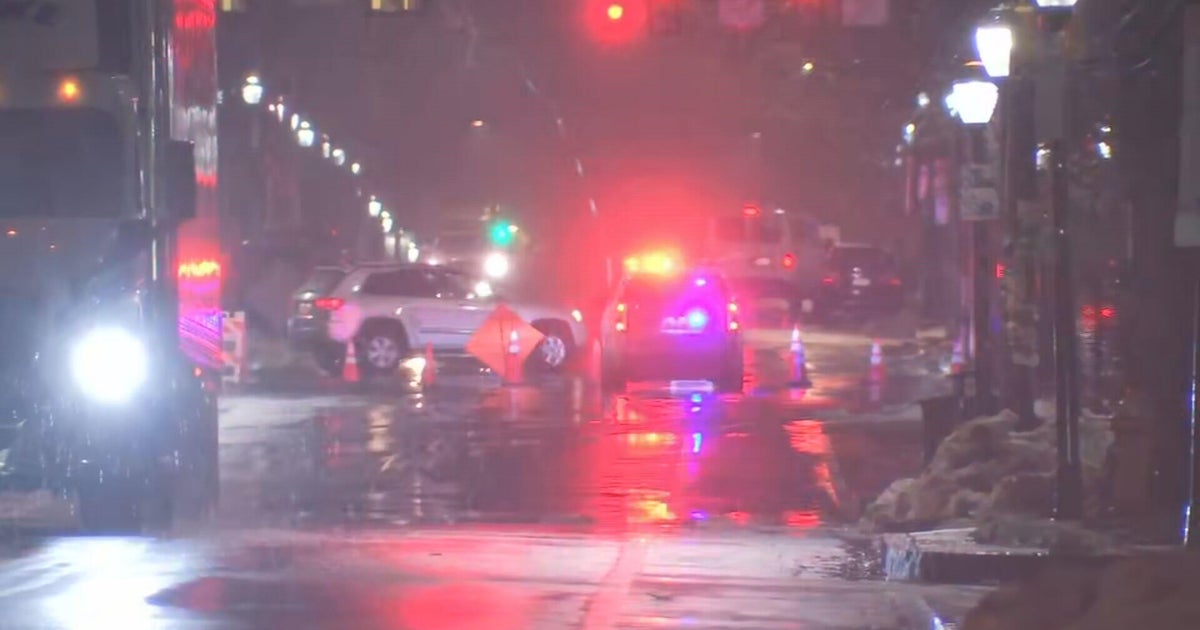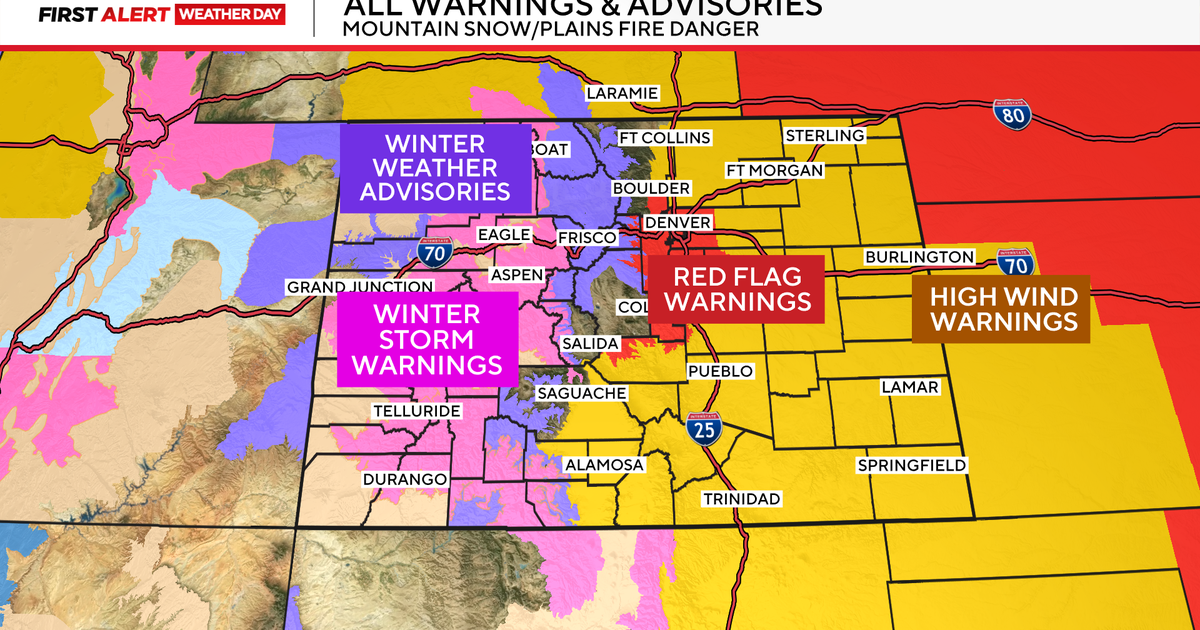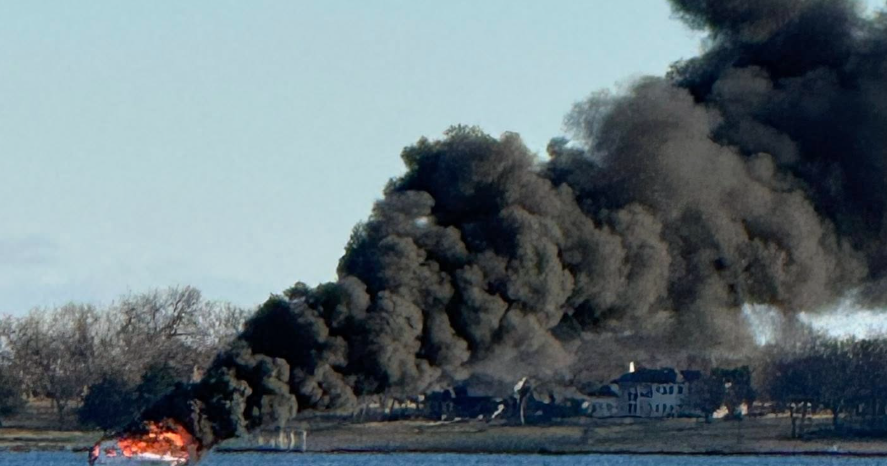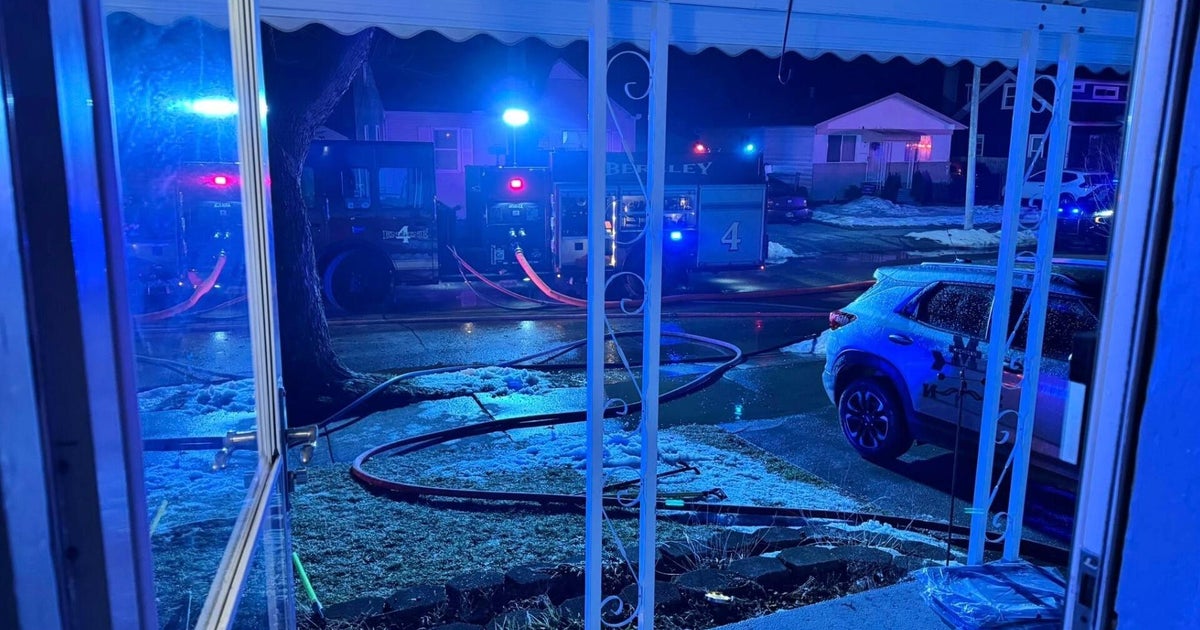U.S. Assesses Impact of WikiLeaks Release
The U.S. Defense Department said Monday it was trying to assess the damage caused by the leak of some 91,000 classified documents on the Afghanistan war.
The documents are described as battlefield reports compiled by various military units that provide an unvarnished look at combat in the past six years, including U.S. frustration over reports Pakistan secretly aided insurgents and civilian casualties at the hand of U.S. troops.
WikiLeaks.org, a self-described whistleblower organization, posted 76,000 of the reports to its website Sunday night. The group said it is vetting another 15,000 documents for future release.
Col. Dave Lapan, a Defense Department spokesman, said the military would probably need "days, if not weeks" to review all the documents and determine "the potential damage to the lives of our service members and coalition partners."
The White House says it didn't try to stop news organizations who had access to secret U.S. military documents from publishing reports about the leaks. However, White House spokesman Robert Gibbs said it did ask WikiLeaks - through reporters who were given advanced copies of the documents - to redact information in the documents that could harm U.S. military personnel.
It was not clear whether WikiLeaks decision to withhold 15,000 of its files was related.
The Pentagon declined to respond to specifics detailed in the documents, including reports of the Taliban's use of heat-seeking anti-aircraft missiles.
"Just because they are posted on the Internet, doesn't make them unclassified," Lapan said.
The Pentagon says it is still investigating the source of the documents. The military has detained Bradley Manning, a former Army intelligence analyst in Baghdad, for allegedly transmitting classified information. But the latest documents could have come from anyone with a secret-level clearance, Lapan said.
The White House, Britain and Pakistan have all condemned the online whistle-blowing group's release Sunday of the classified documents, one of the largest unauthorized disclosures in military history. The Afghan government in Kabul said it was "shocked" at the release but insisted most of the information was not new.
WikiLeaks founder Julian Assange said he wasn't surprised by the White House's condemnation of the leak. He said the U.S. government, like other scrutinized subjects, seeks to "criticize the messenger to detract from the power of the message."

